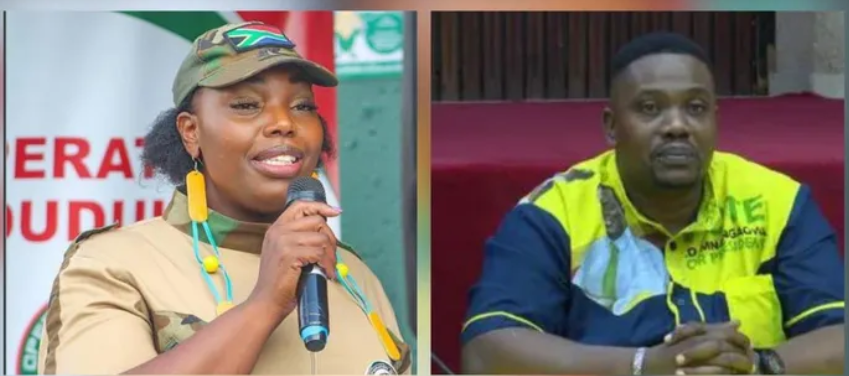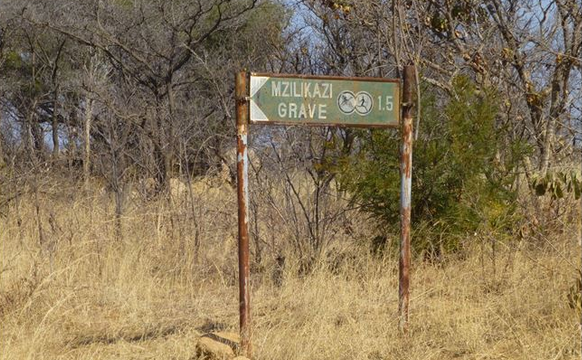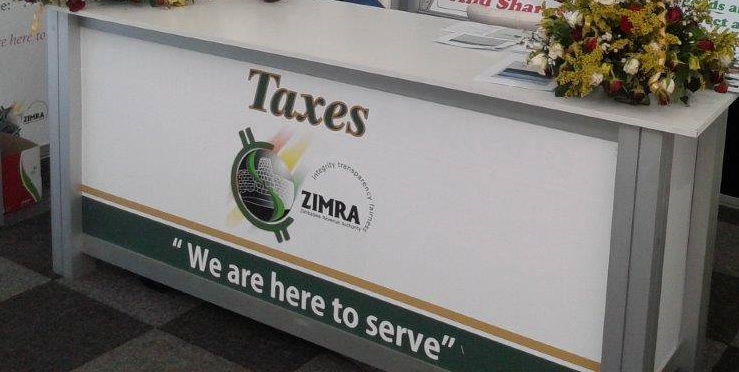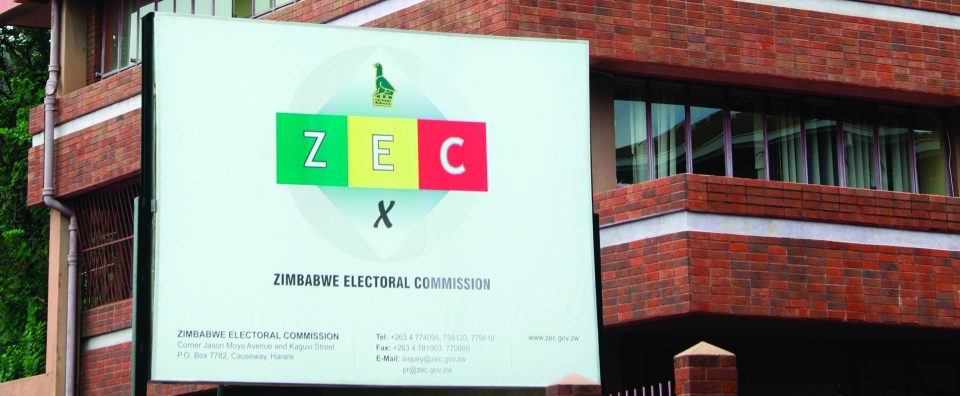Zimbabwean opposition political parties and pro-democracy campaigners have applied to join court proceedings of a registered voter who is seeking to bar the Zimbabwe Electoral Commission (Zec) from releasing a voters' roll bearing prospective voters' photographs as stipulated by the law citing privacy issues.
In an urgent chamber application for a joinder to an application filed by Ethel Mpezeni, a registered voter, the opposition political parties and the pro-democracy campaigners protested that they will be seriously prejudiced by the urgent order sought by Mpezeni.
The opposition political parties and the pro-democracy campaigners, who include MDC Alliance, Renewal Democrats of Zimbabwe, People's Democratic Party, Coalition for Democrats, National Constitutional Assembly, Theresa Manase, Evan Mawarire, Harrison Nkomo, Jeremiah Bamu, Douglas Coltart and Warship Dumba, argued that the order sought by Mpezeni will have a negative impact on the credibility of the July 30 general elections, which in turn will adversely jeopardise the prospects of economic recovery in Zimbabwe, which is dependent on the outcome of the polls.
The reasons cited by Mpezeni are the same reasons cited by Zec chairperson Justice Priscilla Chigumba who has said that the electoral body will not issue a voters' roll with photos to contesting parties because of security and privacy reasons.
Chigumba told the Zec Monday briefing last week that her refusal to avail the voter register with pictures was meant to protect the electorate.
"Our lawyers advised us that providing a voter's roll with photos of registered voters was a violation of privacy and not necessary according to the constitution since it was going to be online," Chigumba said.
"Following threats by some unscrupulous individuals to track down their victims door to door, the Commission will not issue the voters' roll with photographs in an effort to protect voters.
However, the Commission will print voters' rolls with photographs for every polling station.
"Section 20(5) of the Electoral Act states that in the event of any discrepancy between an electronic copy and a printed copy of a voters' roll, the latter shall be deemed to be the authentic record of the voters' roll."
Mpezeni filed an urgent chamber application in the High Court this week seeking to stop Zec from acceding to demands by various political parties for the electoral management body to provide them with a voters' roll including her photograph or anyone else's.
It was one of the major demands by the MDC Alliance in the demo it staged on Wednesday in Harare.
In her application, Mpezeni argued that the demands by the opposition political parties violated her constitutional right to privacy.
Several political parties have asked Zec to furnish them with a voters' roll with photographs in line with the provision of section 9(c) of the Electoral (Voter Registration) Regulations of 2017.
The political parties argue that provision of the voters' roll in this format would enhance the transparency of the voters' roll, which has been a hotly contested issue in previous elections thereby undermining the credibility of the outcome of past elections.
In the urgent chamber application filed by Denford Halimani of Zimbabwe Lawyers for Human Rights, who cited Mpezeni, Zec and Justice Legal and Parliamentary Affairs minister Ziyambi Ziyambi as respondents, the opposition political parties and some pro-democracy campaigners argued that it is in the public interest for Zec to issue a voters' roll with photographs to minimise areas of contestation after elections.
The applicants reasoned that the relief sought by Mpezeni is not in the public interest as it has the effect of undermining widespread calls for transparency and integrity of the electoral process.
The pro-democracy campaigners and the opposition political parties argued that every election process must be structured to ensure that only legitimately registered individuals who appear at the polls to vote are in fact who they claim to be.
This process, the applicants argued, helps to prevent electoral fraud because a photograph is a very useful tool to verify the accuracy of the voters list, to check impersonation and to detect and prevent multiple registration and curb presence of ghost voters.
- dailynews
 Dudula hits back at Zanu PF
Dudula hits back at Zanu PF  South Africa is in serious trouble
South Africa is in serious trouble  US halts visa services for Zimbabwean nationals
US halts visa services for Zimbabwean nationals  ZSE and VFEX recover after weak 1st half
ZSE and VFEX recover after weak 1st half  Gold edges up as traders await guidance
Gold edges up as traders await guidance  Econet faces backlash over SmartBiz router policy
Econet faces backlash over SmartBiz router policy  Young Investment Professional (YIP) Graduate Programme 2019
Young Investment Professional (YIP) Graduate Programme 2019 











 Young Investment Professional (YIP) Graduate Programme 2019
Young Investment Professional (YIP) Graduate Programme 2019
Editor's Pick